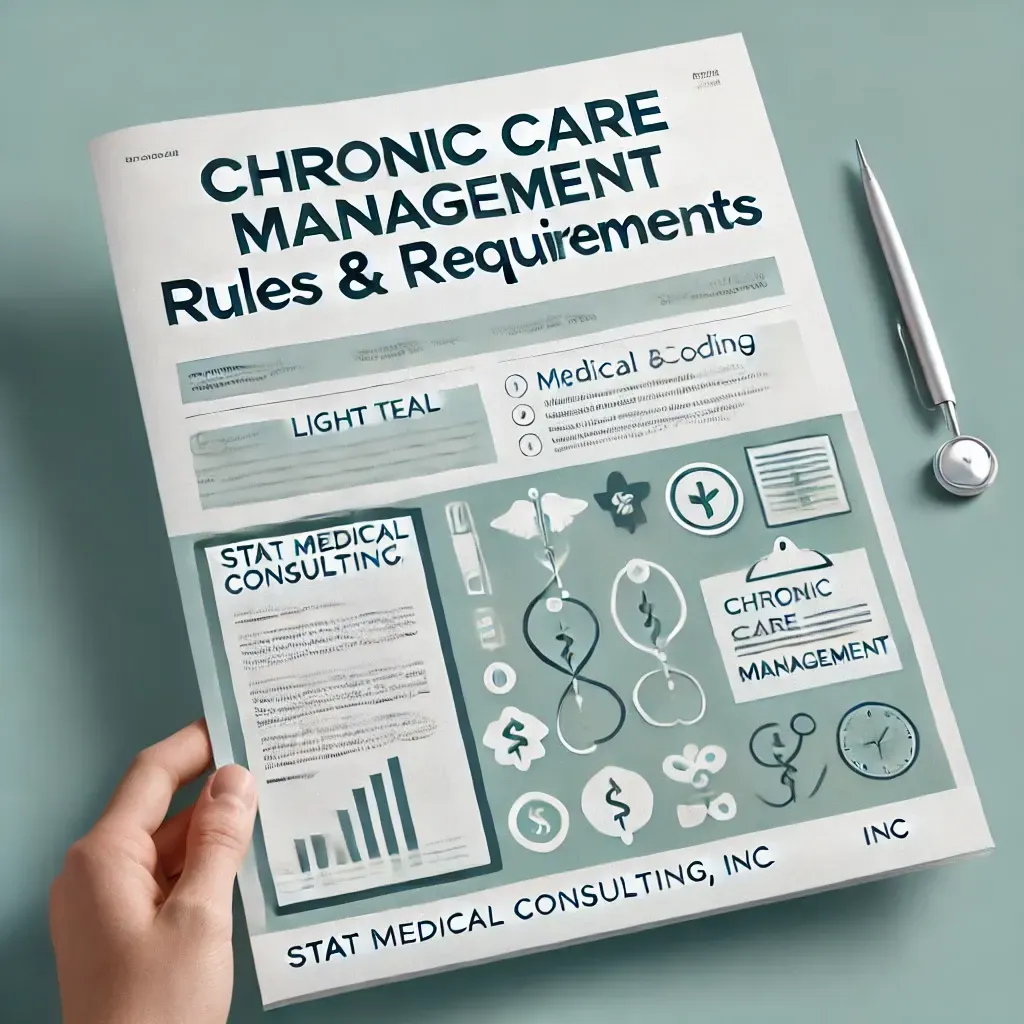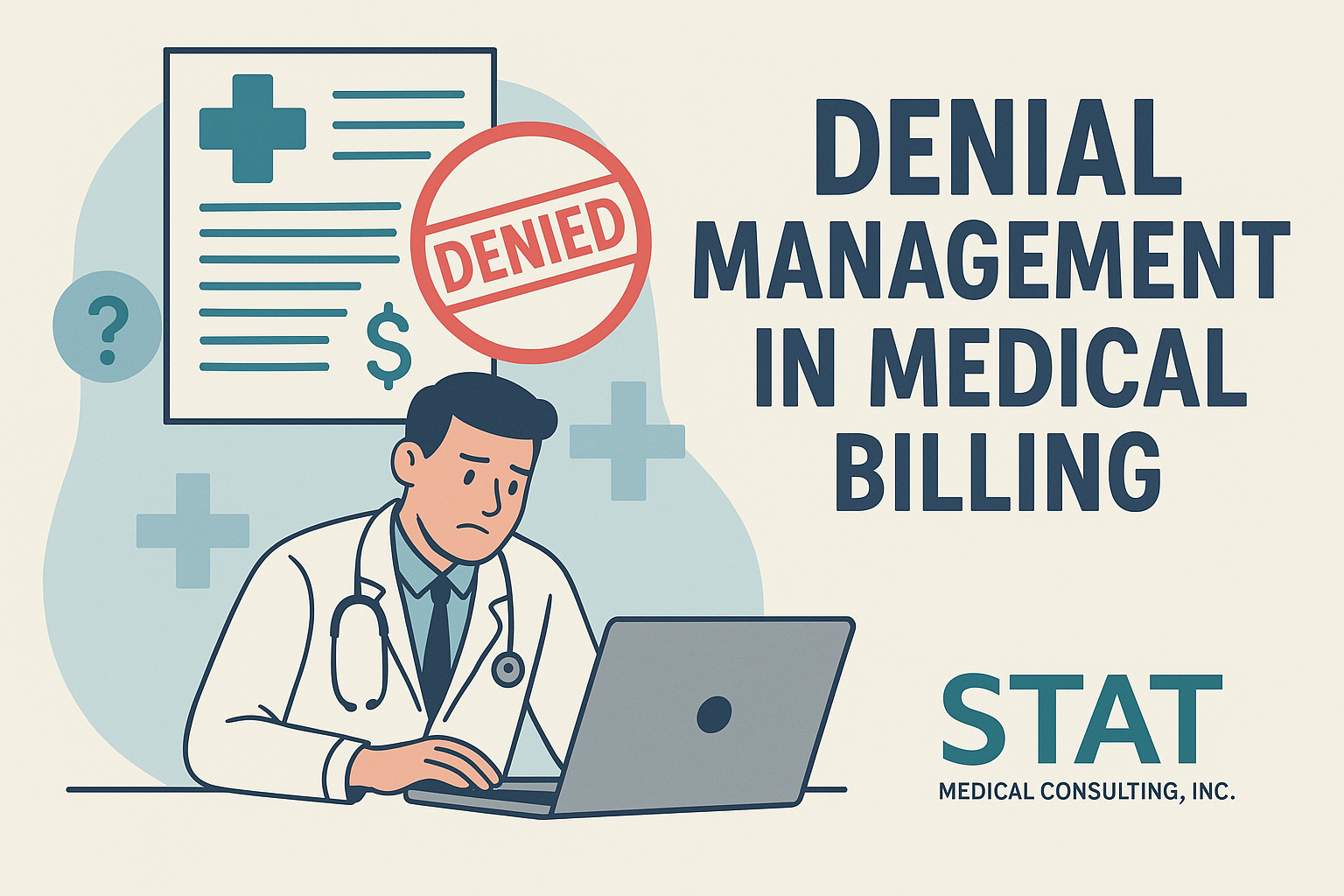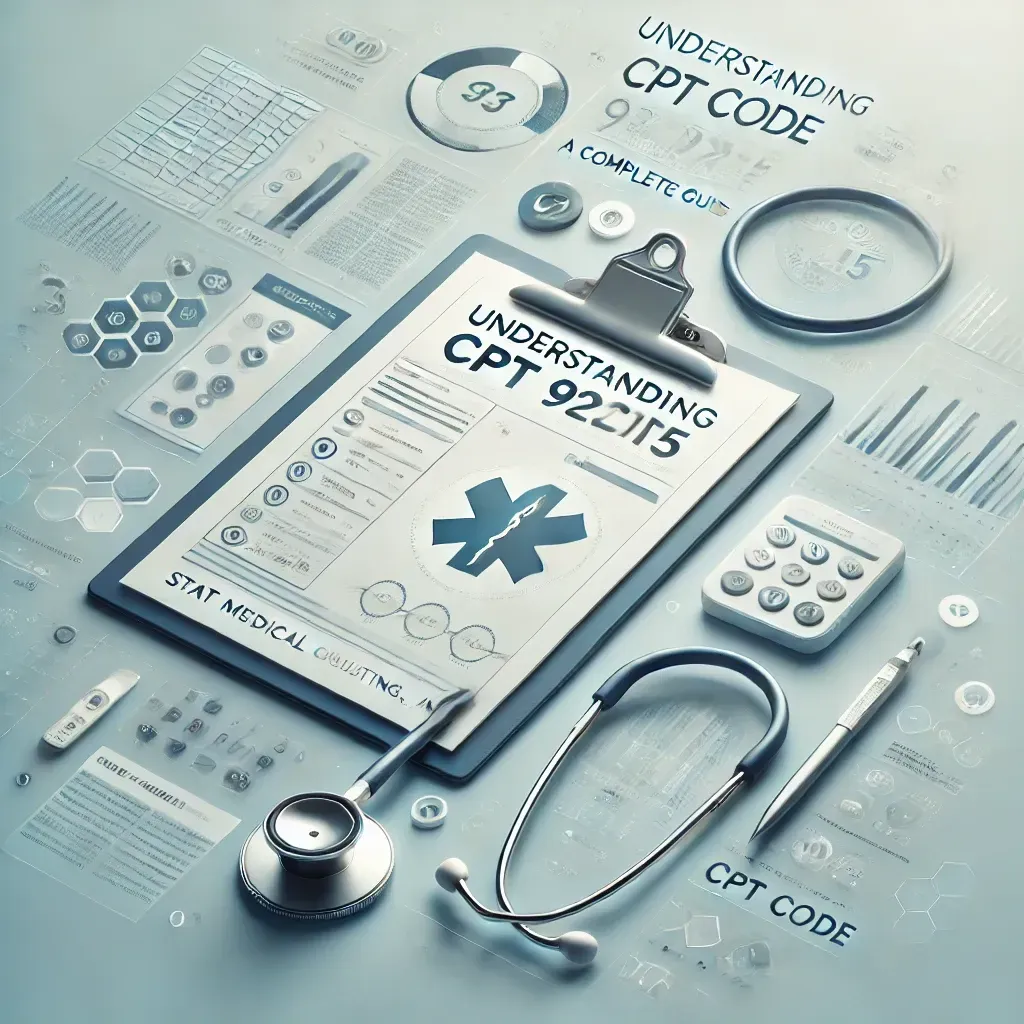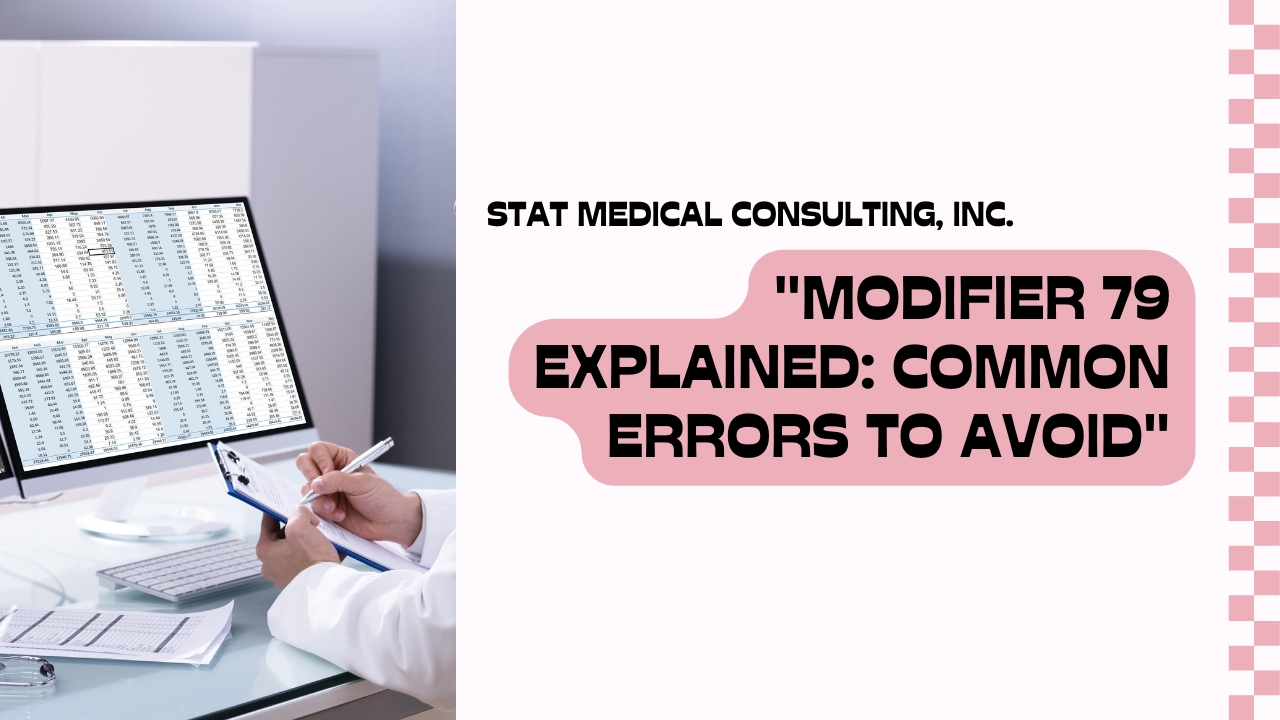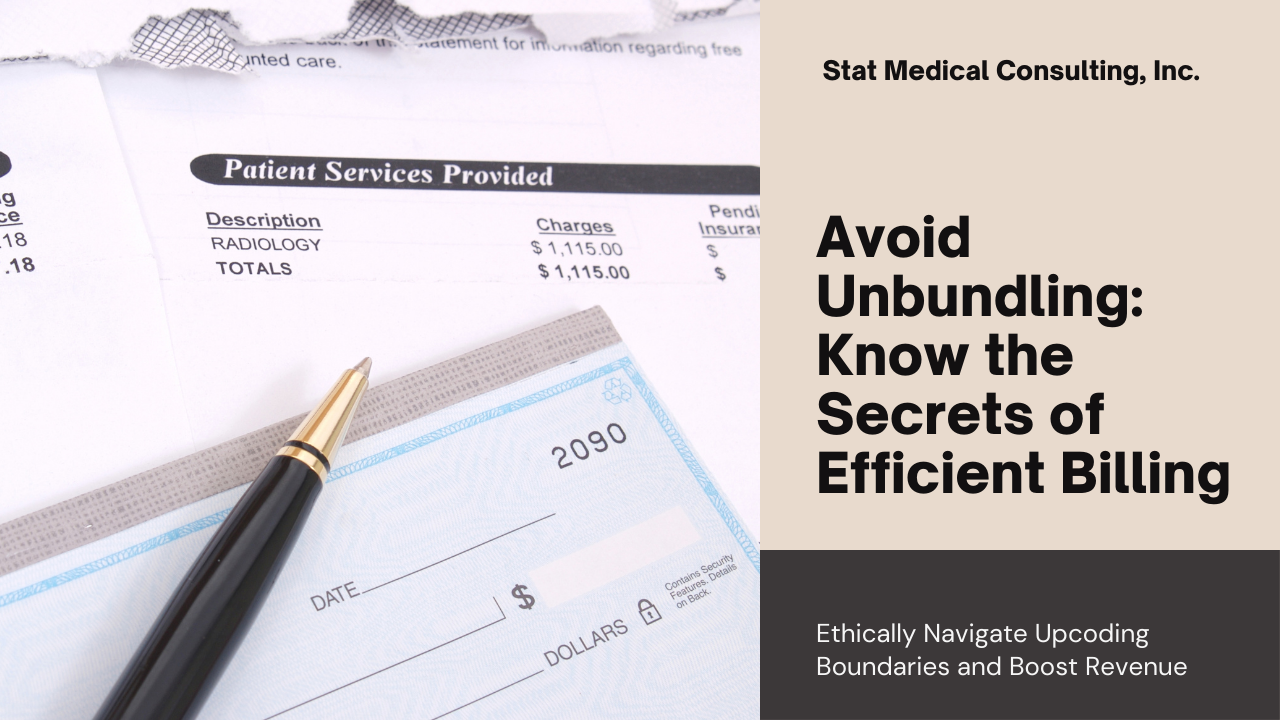Navigating the Billing Process for RNP ( Registered Nurse Practitioner) Services
Mastering Reimbursements: Demystifying ARNP Service Billing
From ARNPs (advanced registered nurse practitioners) or NPPs (Non-physician practitioners) to physician assistants, contribute a diverse array of services within family medicine practices. This group encompasses an array of roles—NPPs may attend to acute visits and walk-in patients, oversee the care of chronically ill individuals necessitating comprehensive coordination, manage patients in hospital settings, and conduct a significant portion of well-patient visits. NPPs adeptly fulfill all these responsibilities within certain practices, embodying a versatile healthcare approach.
Supplementary to ARNP and physician assistants, encompass a spectrum of roles, encompassing NPPs, certified nurse midwives, physical and occupational therapists, biofeedback technicians, respiratory therapists, social workers, psychologists, ultrasound and X-ray technicians, audiologists, and laboratory technicians. This amalgamation enriches healthcare delivery, encapsulating a holistic range of expertise.
However, before incorporating ARNP into your practice, crucial considerations must be weighed. State-specific regulations dictate the scope of practice and requisite supervision levels for each practitioner category. While NPPs typically possess a firm grasp of state regulations, it is equally crucial for practice owners to acquaint themselves with these stipulations, ensuring alignment with permissible services. Comprehending the intricate landscape of billing for NPP services is another imperative area of knowledge before integrating them into your practice. This article aims to illuminate the intricate process of reimbursement for services provided by ARNPs.
Navigating Health Plan Billing for NPP Services
Billing within health plans is characterized by the autonomy afforded to these entities in formulating their policies for credentialing NPPs and dispensing reimbursement. Some health plans credential NPPs, allowing them to bill services under their provider numbers. Conversely, specific plans instruct practices to bill NPP-provided services akin to those rendered by physicians, necessitating the use of the physician's name and provider number on claims. The concept of "incident-to" billing, as acknowledged by Medicare, is pivotal within this context and is governed by distinct rules.
Navigating this multifaceted billing landscape requires an astute understanding of the specific policies of each health plan. Pertinent queries include:
- Do health plans extend credentialing to ARNP providers?
- Are NPPs integrated into the provider listing, affording patients the choice to select them as primary care providers?
- Is it necessary for the submitted claims to include the ARNP’s name and provider number, or should they bear the physician's information?
- Are there specific levels of supervision or protocols that are outlined?
- When billing for NPP services using a physician's provider number, and the patient's usual physician is absent, should billing be executed under the absent physician's name or that of a present physician?
- What factors determine the reimbursement rate for services provided by NPPs?
Reimbursement amounts for NPP services exhibit variability among different payers. Numerous health plan agreements often involve reimbursing services that are invoiced using NPP provider numbers at approximately 85 percent of the physician fee schedule. For practices employing NPPs or contemplating their inclusion, the potential exists to negotiate enhanced reimbursement rates when evaluating contracts. This negotiation capacity is contingent upon the health plan's desire to retain the practice within its network. This negotiation is feasible even for smaller, rural practices, mainly if they are among the select family physicians in the region.
Demystifying Medicare Billing for ARNP Services
Navigating Medicare billing for ARNP services can prove complex. The intricacies stem largely from Medicare's incident-to-billing rules. These rules pertain to services furnished by NPPs as an integral facet of patient care, permitting billing as if provided by the physician. Private payers permitting such billing may have distinct guidelines. Medicare permits billing for NPP services under the physician's provider number, reimbursing at 100 percent of the Medicare fee schedule if specific criteria are satisfied:
- The physician initiates a patient's care plan in a prior visit, subsequently delegated to the NPP.
- The physician's involvement in the patient's care is documented, and this documentation is incorporated into the patient's records.
- The NPP is either employed by the physician or the employing group, with allowances for leased or contracted employees.
- A physician (or another employed physician) must be on-site and readily available. Medicare mandates the physician's immediate availability for backup in the suite of offices, rendering telephone availability inadequate.
- Services must be rendered in an office setting. Emergency departments, hospitals, and nursing homes are excluded. Incident-to services specifically cater to typical office-based services.
- It's noteworthy that unless the provider is an ARNP, physician assistant, certified nurse midwife, or clinical nurse specialist, the service is exclusively billable as 99211.
Furthermore, practices are encouraged to obtain individual Medicare provider numbers for ARNPs, facilitating direct billing to Medicare for these services. Such cases render Medicare reimburses 85 percent of the physician fee schedule. When a physician is absent during service provision, the service must be billed using the NPP's provider number. New patient visits and consultations conducted by NPPs must also adhere to this approach, bypassing incident-to-billing. The latter requires the physician to initiate the care plan implemented by the NPP.
Collaborative Visit Billing
Apart from incident-to-billing comprehension, practices are advised to acquaint themselves with "shared visits." These are specific to Medicare patients and denote services split between a physician and an NPP. These encompass evaluation and management (E/M) services, catering to inpatients and emergency department outpatients. Documentation is crucial in substantiating shared visits, with physician and NPP contributions mandatorily documented.
In the hospital setting, the physician's face-to-face encounter with the patient, documenting elements of clinically relevant history, examination, and medical decision-making, is essential. This surpasses mere concurrence or countersigning of notes. Documentation should reflect the physician's involvement, while the NPP records the bulk of the note. This robust documentation permits selecting the appropriate service level, which is billed under the physician's provider number.
Comprehending these intricate rules enables practices to evaluate the benefits and challenges of incorporating NPPs before engaging their services. For those already collaborating with NPPs, a comprehensive understanding of billing strategies for NPP-performed services is invaluable. Revisiting billing practices in light of these regulations is crucial, enriching the collaboration between NPPs and physicians within the healthcare landscape.
